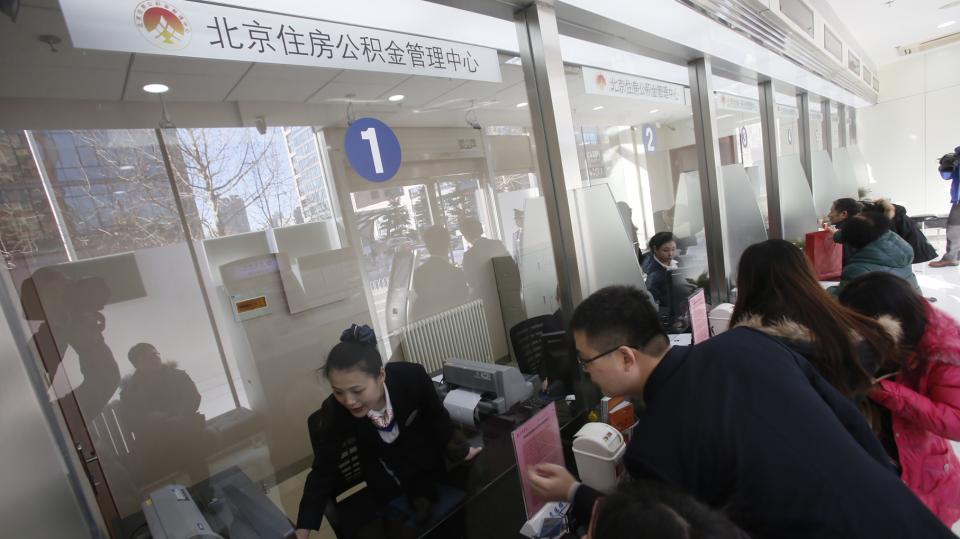China's housing fund schemes need to be more carefully targeted to ensure they meet the needs of the low-income workers they were set up to help, argued a recent editorial in the
Beijing Youth Daily (BYD).
Under housing fund schemes, employees' compulsory contributions to the housing fund are matched by their employers. When it comes time for them to buy a house, they can also apply for low-interest loans from the housing fund, as well as drawing out their own contributions. But, the editorial argued, the system now benefits high-income individuals far more.
Housing prices in China have become so steep that low-income individuals, even with the help of the loans, can't afford to get a house at all because the initial down-payment is too high. In contrast, high-income individuals can use the fund as a useful bonus in making their initial down-payment - and the fund managers can't distinguish between the poor and the rich. In practice, as a result, poorer workers are paying into a fund that's being used to subsidize richer ones.
Since these funds have become a tool to adjust housing prices, rather than a way to help the poor, the government needs to find new ways to help low-income workers buy a home, argued the BYD editorial. For instance, low-income individuals should be able to apply for loans from banks at the same low rate as from the housing funds, especially if the funds are tightened, and the government can make up the lost interest for the bank.
The housing fund also lends at a much higher rate than it pays out to contributors, argued the editorial. If an employee retires and withdraws his contributions without ever having bought a house, the editorial suggests, he or she should be paid at a higher fixed deposit rate for the years his or her money has spent in the fund.

 Old Version
Old Version